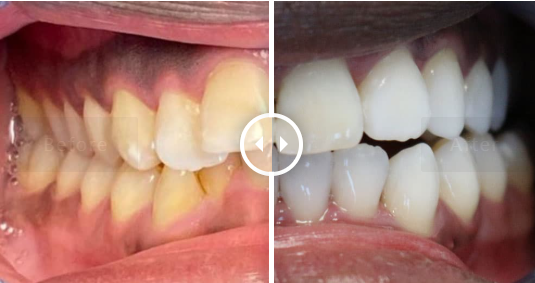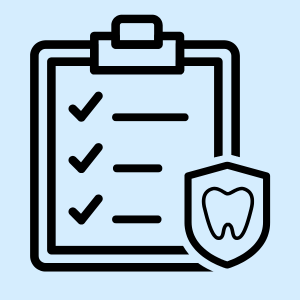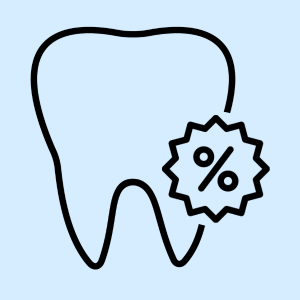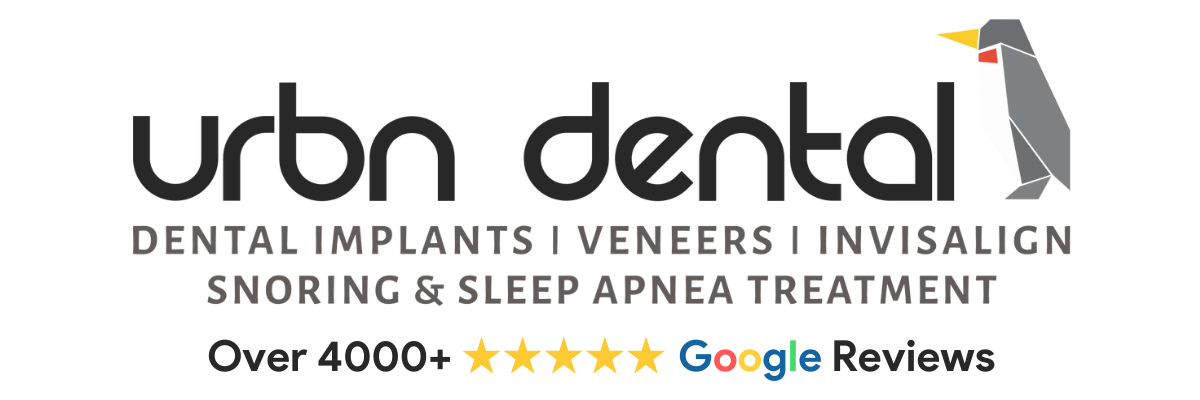-
Why Choose US?

Our History
Discover how our practice began and why patients have trusted us for years.

Our Team
Get to know the friendly, skilled dentists and staff who care for your smile.

Testimonials
Read real patient reviews and see why so many choose us for their dental care.

Blog
Discover dental tips, news, and helpful information to keep your smile healthy.

Careers
Explore dental careers at URBN Dental—join our team today and grow with us.

Why Do Patients Choose URBN Dental ?
Achieve Your Best Smile With The Best Dental Team In Houston
-
-
More Services

Before After
Take a look at some our before & after results
-
Finance Options
Payment & Insurance Options

Dental Insurance Verification
We work with most insurance plans—let us confirm your coverage before your visit.

Dental Financing Options
Flexible payment plans available—get the treatment you need on a budget that works.


Dental Discount Plan
No insurance? Our discount plan makes quality dental care affordable for everyone.








